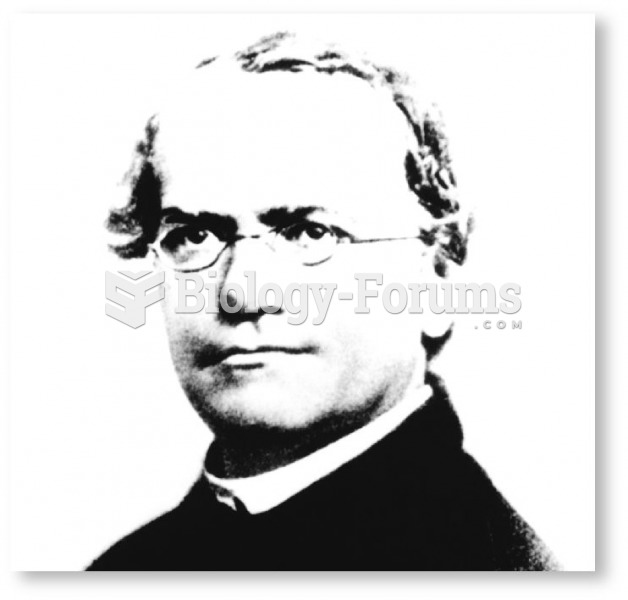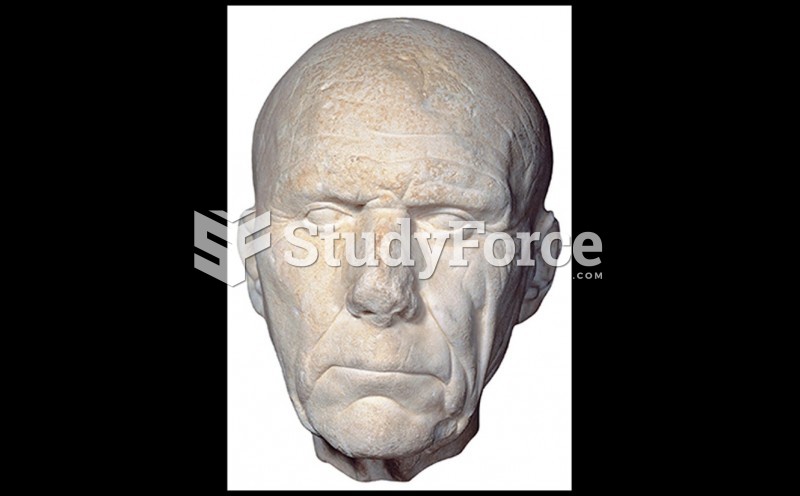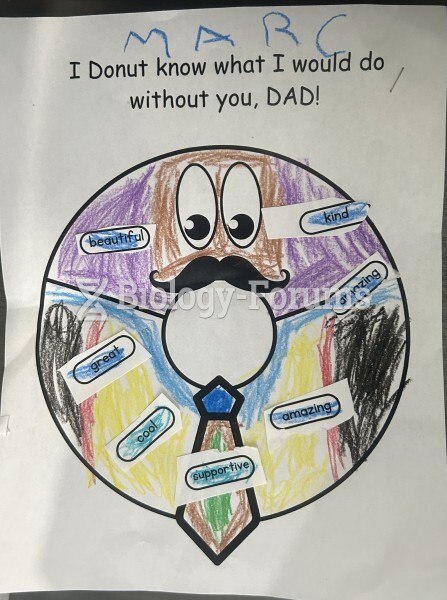Answer to Question 1
- The elder sons jealousy is not directed at his brother per se; it has more to do with the fathers reaction toward the younger son. It is true the older brother lacks compassion for his younger brother, but, from a contemporary point of view, the father has, perhaps, failed his older son. Although the older son has done everything expected of him, he feels unappreciated and unloved. He says to his father, you never even gave me and my friends a kid.
The father, however, refuses to be drawn into an argument with his older son. When the son complains to him, he answers with, to quote G. B. Caird, the gentlest of rebukes: Son, thou art ever with me, and all that I have is thine. It was meet that we should make merry, and be glad: for this thy brother was dead, and is alive again; and was lost, and is found.
Answer to Question 2
- The story would hardly be able to be successfully told as a dystopian satire if Harrison Bergeron had told his own story. One obvious reason is that an important part of the story happens after Harrisons death: the apathetic response of his parents after his tragic and violent murder shows the depths of the dehumanizing effects of a world without individual thought. In addition, Harrison would hardly have been able to see outside his own situation to give any kind of objective analysis. The tone of the story almost as a journalistic report is crucial to ones interpretation. If the narrator had been Harrison Bergeron, we would probably interpret the story merely as a self-centered young mans fixation about his own strength, intelligence, and good looks. This story is a perfect example of a narrative that needs a third person, omniscient narrator in order to capture the devastating consequences of dialing down emotions, severing family ties, and failing to praise genuine talents.







